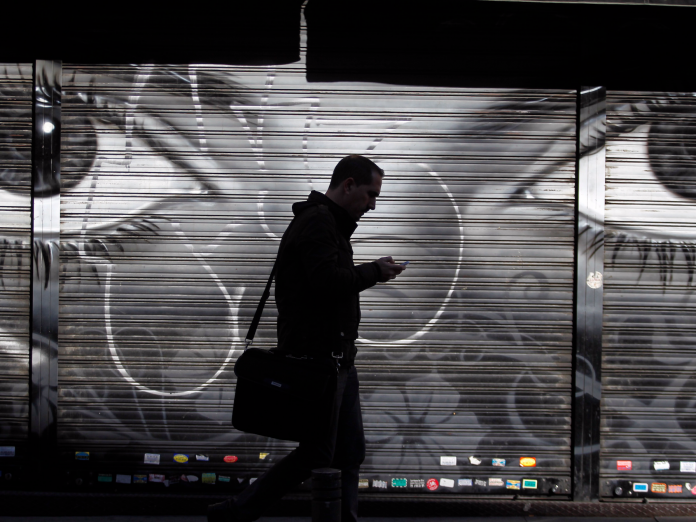The US Senate has approved the renewal of a surveillance program for further six years under which all forms of electrical communications including email, text messages and photos of Americans can be collected.
The controversial law, known as Section 702 of the Foreign Intelligence Surveillance Act, was renewed with a 65-34 vote in the Senate while the House approved it last week.
President Trump is likely to sign the bill into the law before it expires.
Law Credited With Prevention of Terrorist Attacks
Federal intelligence agencies have said that the program has helped thwart terrorist attacks against the U.S. as it gives them the power to gain access to electronic communications of foreigners who are located outside the U.S.
Senate Majority Leader Mitch McConnell noted that since the law cannot be allowed to lapse since “ it has saved American lives.”
The Section 702 program was originally enacted in 2008 to increase the government’s capability to track and thwart foreign terrorists after the 9/11 attacks. It allows law enforcement agencies to spy on foreign citizens living outside the U.S. but bars any targeting of American citizens or those living in the U.S.
But according to critics the program sweeps up the electronic data of innocent Americans communicating with foreign friends or relatives, even in cases where the said foreigners are not suspected of terrorist activity.
Those opposing the law have stated that while they support the anti-terrorism measures of the law, it must be amended to protect Americans’ constitutional rights against “unreasonable searches and seizures”. They are demanding that federal agents be required to get warrants before looking through a database of Americans’ emails and texts being collected as part of the foreign surveillance.
Intelligence officials have so far refused to reveal how many Americans have had their personal communications collected under the program.
Data Can Be Used For Prosecuting Domestic Crimes
Civil liberties groups fear that the agencies can use the information collected on Americans to look for evidence of domestic crimes like failing to pay taxes without needing to obtain a warrant as normally required.
Neema Singh Guliani, policy counsel with the American Civil Liberties Union said that the bill will “continue warrantless intrusions” into Americans’ electronic communications
Supporters of the law have however pointed out that federal courts have in the past upheld its constitutionality. They have credited the law for stopping terrorist plots to bomb the New York City subway system and the New York Stock Exchange.



